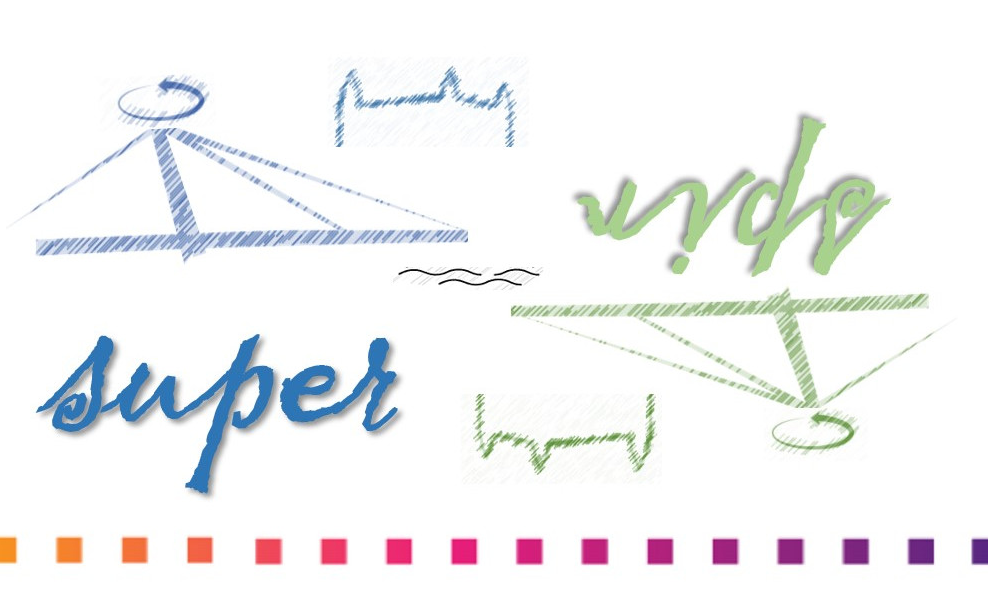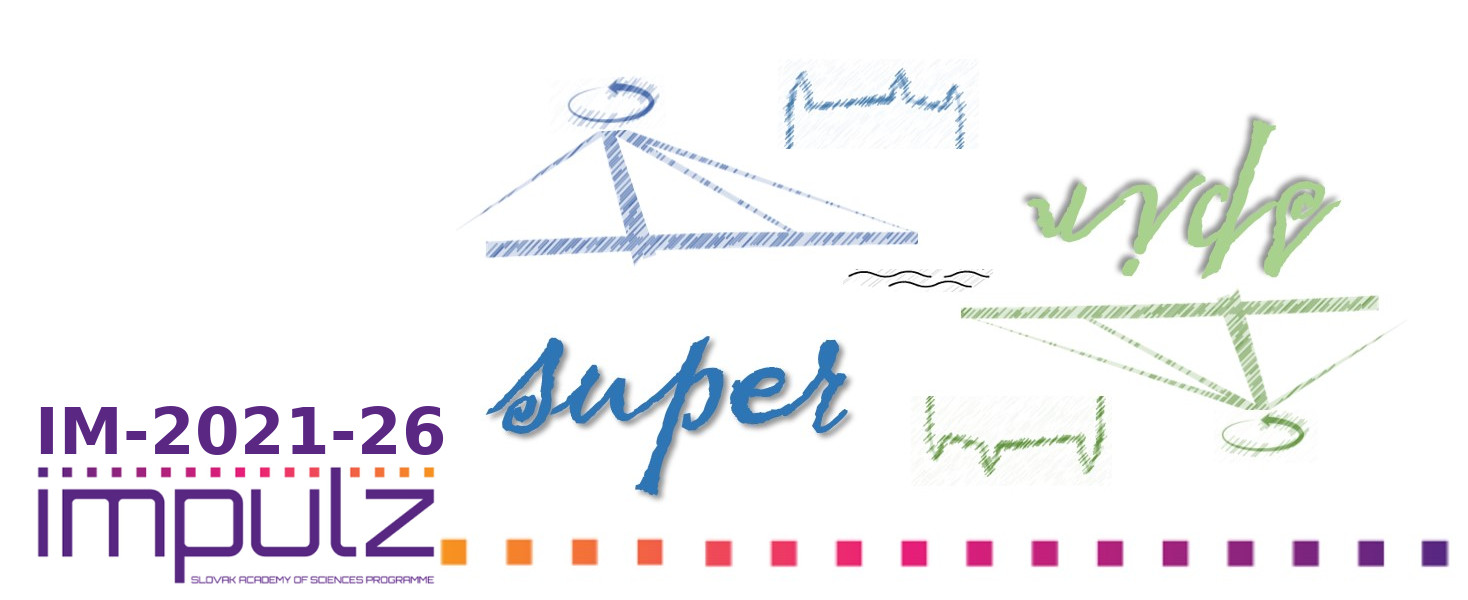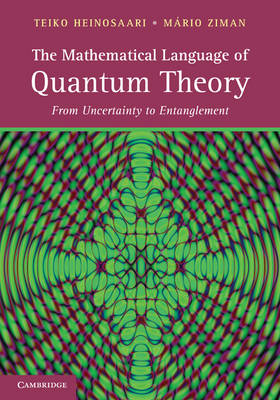 SUPERSPIN Impulz IM-2021-26
SUPERSPIN Impulz IM-2021-26
Title: Superconducting spintronics and emergent phenomena in low/dimensional superconductors
Duration: 01/05/2022-30/04/2027
Principal Investigator: Dr. Denis Kochan
Budget: 710 960 eur
Project Goals: From a broader perspective the Superconducting spintronics is vastly expanding field that strives to utilize spintronics phenomena and transfer its applications into the realm of superconductivity. While the latter can support dissipation-less charge transport, and also topologically protected (e.g. Majorana) modes, the former can make use of electron spin for encoding and processing information. For these reasons, one may hope to launch a spin-driven superconducting device that would be, on one hand, very efficient in terms of energy demands, and on the other hand, would offer computational functionalities operating on quantum principles. The beauty of the above idea rests in its simplicity, but as always, devil is hidden in details. To bring such spintronics vision into an operating platform one would need superconducting materials that promote unconventional pairing of electrons into Cooper pairs. Unfortunately, Nature does not give us “free of charge” unconventional superconductors with all those wonderful properties. However, it offers us, instead, “smaller pieces of material-lego” that when being proximitized along each other engender the “scaffolded synthetic hybrid systems” owning effective unconventional pairing (and even much more). Such proximity effects, which are central to my proposal, represent a versatile platform to 1) control and functionalize spin, orbital, topological and magnetic properties of the constituting subsystems by external means – gating, temperature gradients, chemical composition, band structure engineering etc.; and 2) synthetize quasi-2D interfaces promoting an unconventional superconducting pairing and them associated topological bound states (Majoranas, Yu-Shiba-Rusinov states, Caroli-de Gennes-Matricon vortex states, etc.). From the specific point of views, my research ambitions within this programme count particularly two scientific projects: (A) Spin relaxation phenomena in low-dimensional (un)conventional superconductors, and (B) Topological states engineered through proximity effect – superconductivity on the edge.
Researchers: Denis Kochan,
Publications:
- Lorenz Fuchs, Denis Kochan, Christian Baumgartner, Simon Reinhardt, Sergei Gronin, Geoffrey C. Gardner, Tyler Lindemann, Michael J. Manfra, Christoph Strunk, Nicola Paradiso: Anisotropic vortex squeezing in synthetic Rashba superconductors: a manifestation of Lifshitz invariants, Phys. Rev. X 12, 041020 (2022)
- Michael Barth, Jacob Fuchs, and Denis Kochan: Spin relaxation, Josephson effect, and Yu-Shiba-Rusinov states in superconducting bilayer graphene, Phys. Rev. B 105, 205409 (2022)
Other activities:
-
 Miniworkshop on superconductivity
Miniworkshop on superconductivity
03-05/10/2022, Institute of Physics SAS, Bratislava, Slovakia (Auditorium QUTE)
MONDAY 03/10 download program
09:50 Michael Barth (Uni Regensburg) Introduction to tight-binding simulations with the Python package Kwant
11:00 Tomáš Samuely (Academy Košice) Ising superconductivity in 3D compounds
11:50 Andreas Costa (Uni Regensburg) Spin-orbit coupling assisted transport phenomena in SC magnetic tunnel junctions
14:00 František Herman (Uni Bratislava) The advanced approach of the SC gap function extraction from tunneling experiments
14:50 Pavol Neilinger (Uni Bratislava) Superconducting resonant traveling wave parametric amplifiers
15:40 Networking coffee
19:00 Dinner (Flagship restaurant)
TUESDAY 04/10
09:50 Mayra Alejandra de Jesús Peralta Arcia (TUni Dresden) Proximity effects in graphene heterostructures
11:00 Paulo Eduardo Faria Junior (Uni Regensburg) g-factor physics in solids
11:50 Benedikt Scharf (Duagon GmbH) Topological Superconductivity in Phase-Controlled Josephson Junctions
14:00 Yaroslav Zhumagulov (Uni Regensburg) Robust polaritons in magnetic monolayers of CrI3
14:50 Viera Skákalová (Uni Wien) Synthesis and exotic properties of 2D materials embedded in Graphene
15:40 Networking coffee
WEDNESDAY 05/10
09:50 Stefan Hartl & Benedikt Kopyciok (Uni Regensburg) Flux quantization effects in superconducting antidot lattices
11:00 Martin Moško (Academy Bratislava) Altshuler-Aronov effect in weakly disordered metals with weak electron-electron interaction: Beyond the low energy limit
11:50 Djeylan Aktas (Academy Bratislava) Fully meshed quantum networks
14:00 Andrej Gendiar (Academy Bratislava) Introduction to Tensor Networks: Theory and Applications
14:50 Ján Brndiar (Academy Bratislava) Polarons (and excitons) in polar crystal: Rutile case study
organized by Denis Kochan, Maria Surovcova, Angelika Winczerova, Mario Ziman, supported by project SUPERSPIN (IMPULZ)


